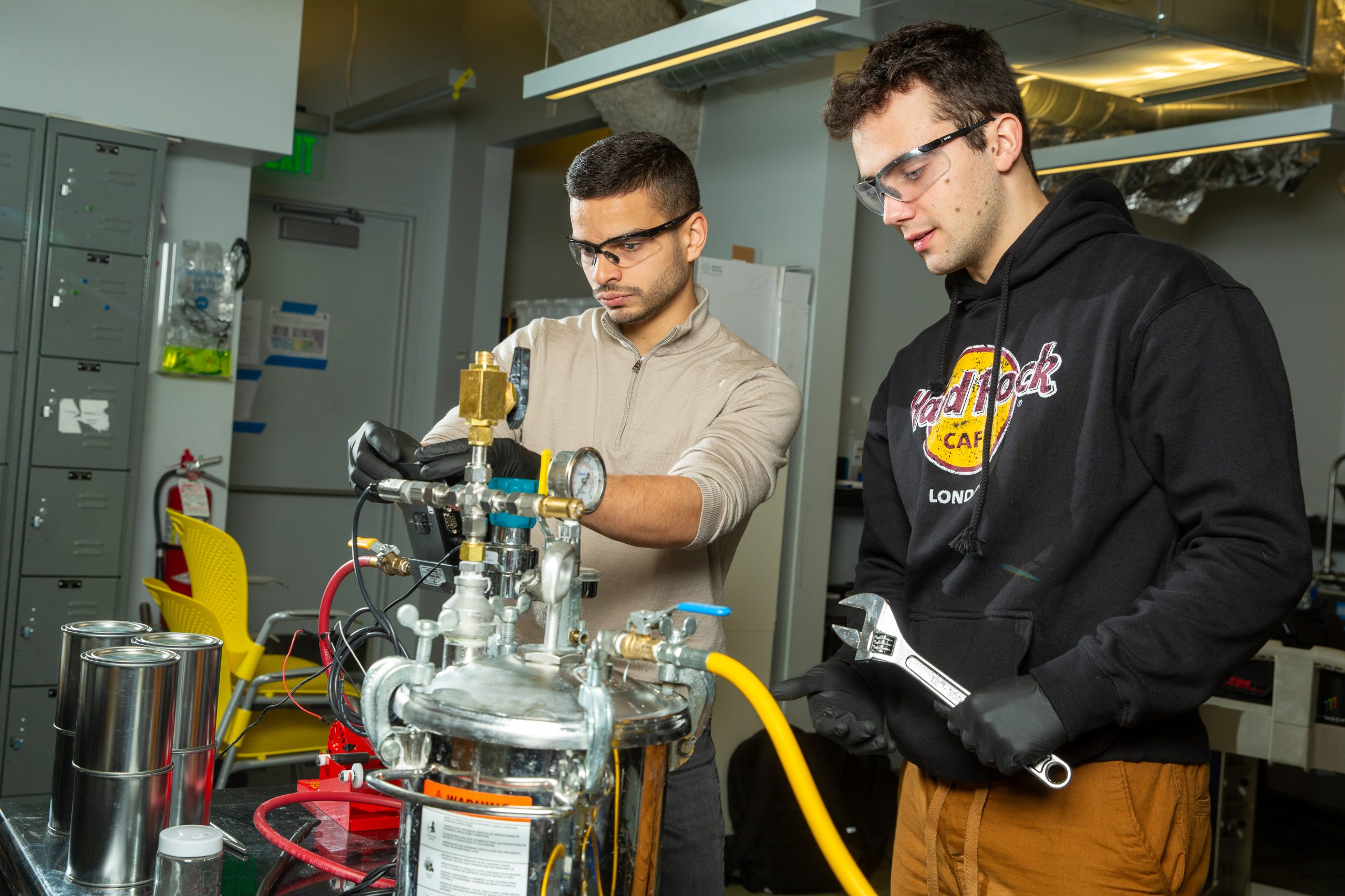While researchers have long observed a distinct correlation between physical exercise and lower rates of cancer, the exact reason as to why exercise helps the body fight cancer has been unclear. That is, until now.
In a new study from Sweden’s Karolinska Institute, researchers discovered how exercise can boost the cancer-killing ability of certain immune cells. As described in New Atlas, the new study focused on a particular immune cell called a cytotoxic T cell. Also known as killer T cells, these are the body’s cancer-killing agents. The hypothesis underpinning the research was that exercise produces certain metabolites that enhance the function of these cancer-killing cells.
Through a series of animal tests, the new study reveals these killer T cells are indeed positively influenced by exercise. One experiment even transferred T cells from exercising mice to untrained mice and saw improved tumor reduction responses.
The next step was to investigate how exercise alters the behavior of T cells. The researchers honed in on a number of metabolites produced by muscles and released into the bloodstream during exercise. These metabolites subsequently were found to significantly influence T cell activity.
Helene Rundqvist, first author on the new study, suggests these findings offer key insights into the mechanisms behind the cancer-killing benefits of exercise. And while these findings are certainly academically interesting, they also offer researchers rich new investigative pathways.
In the future, developing novel immunotherapies that harness this exercise-induced T cell activity could present new and powerful treatments for cancer patients.












